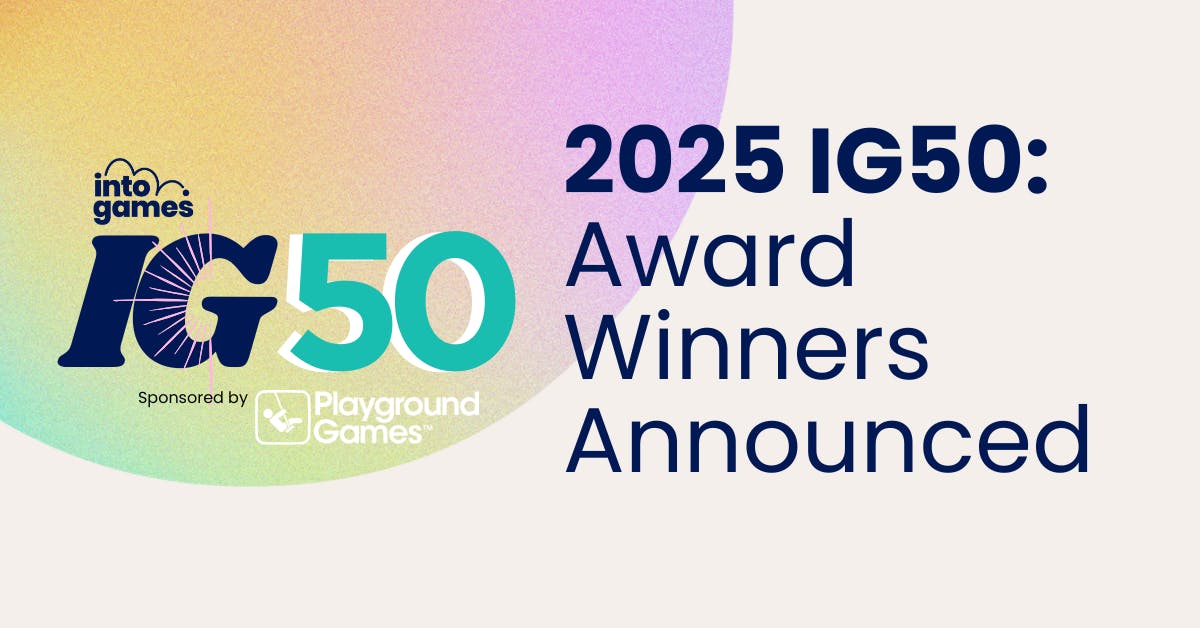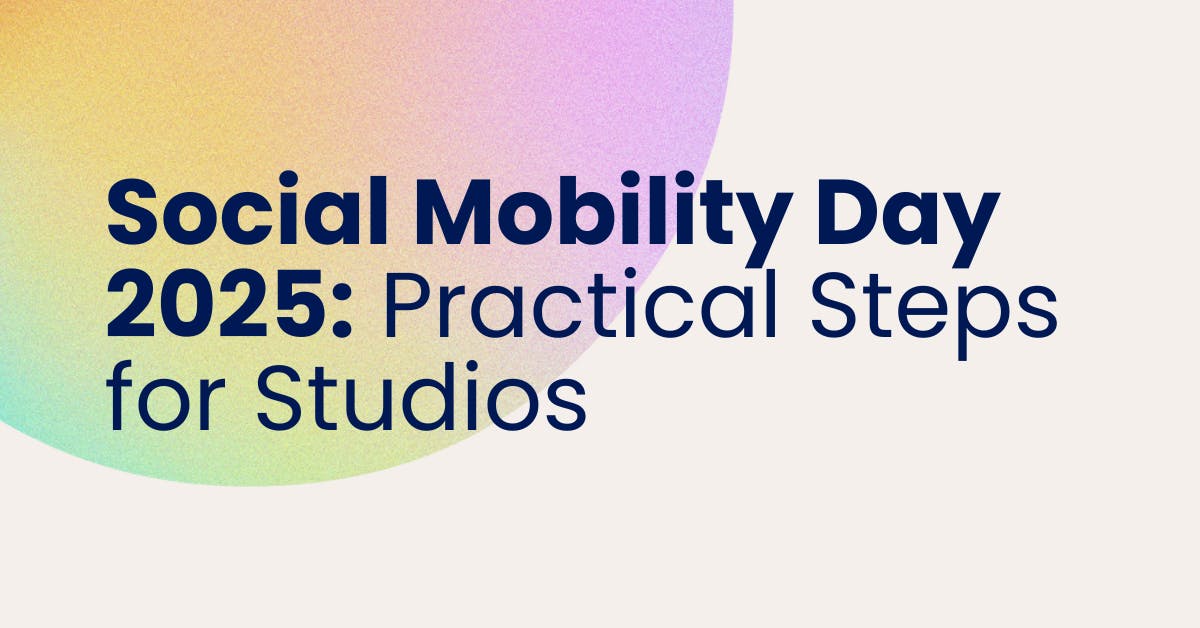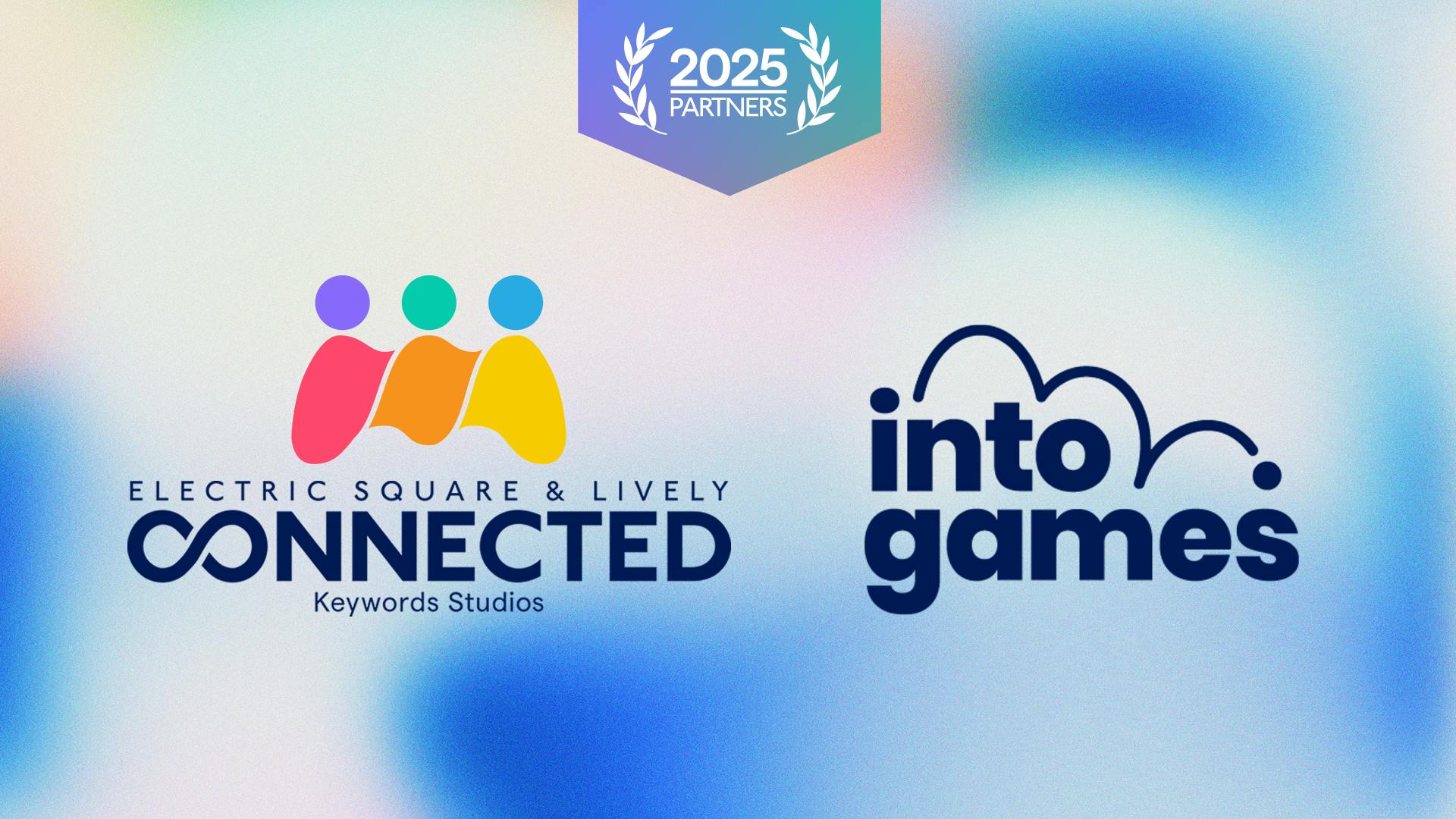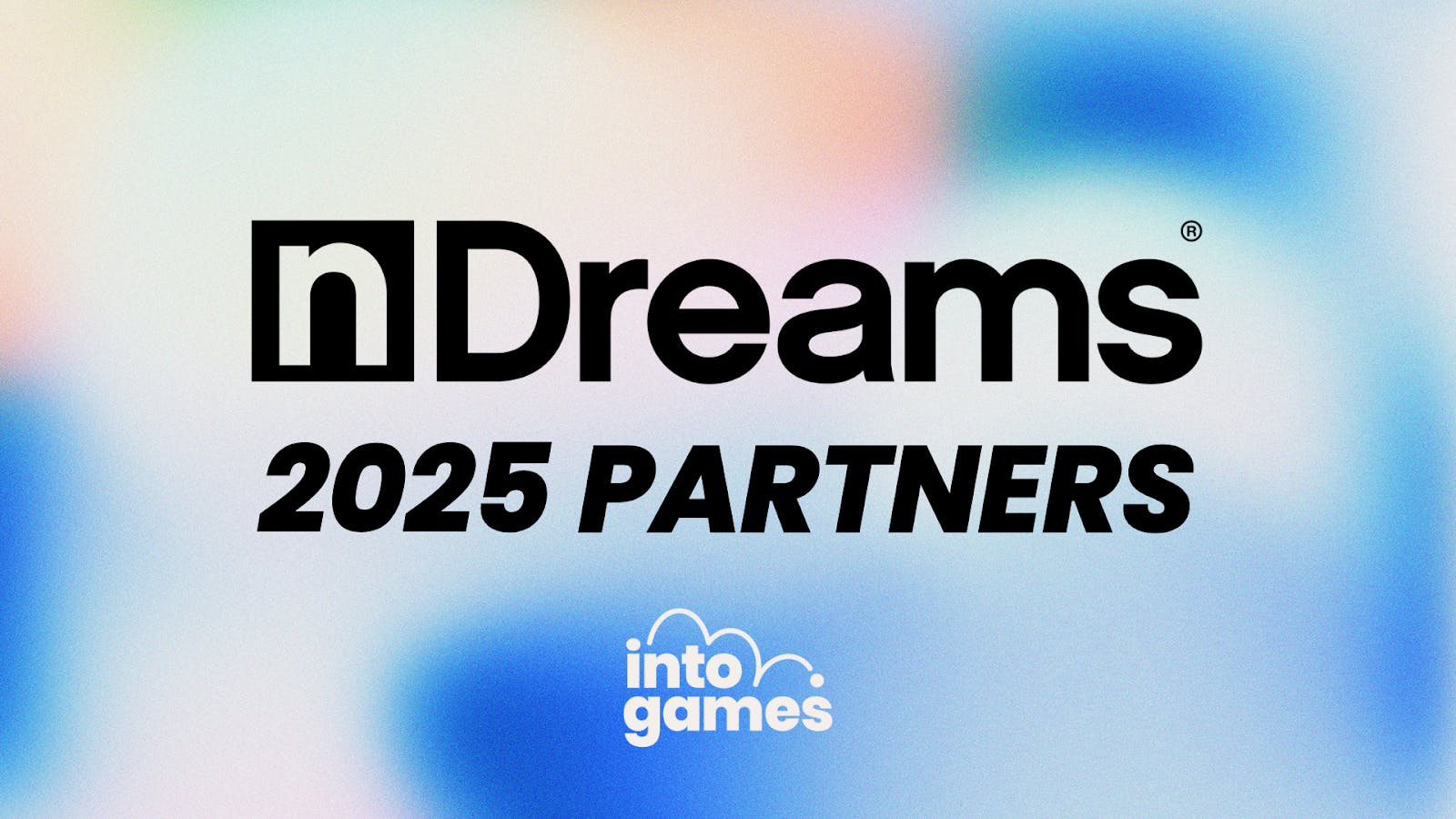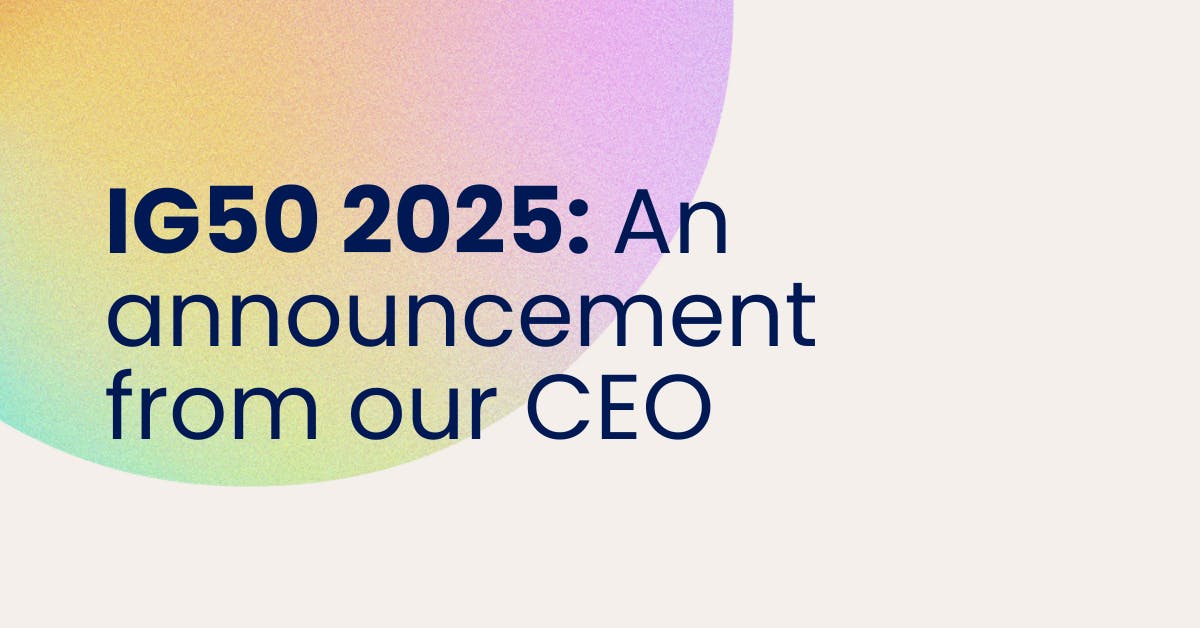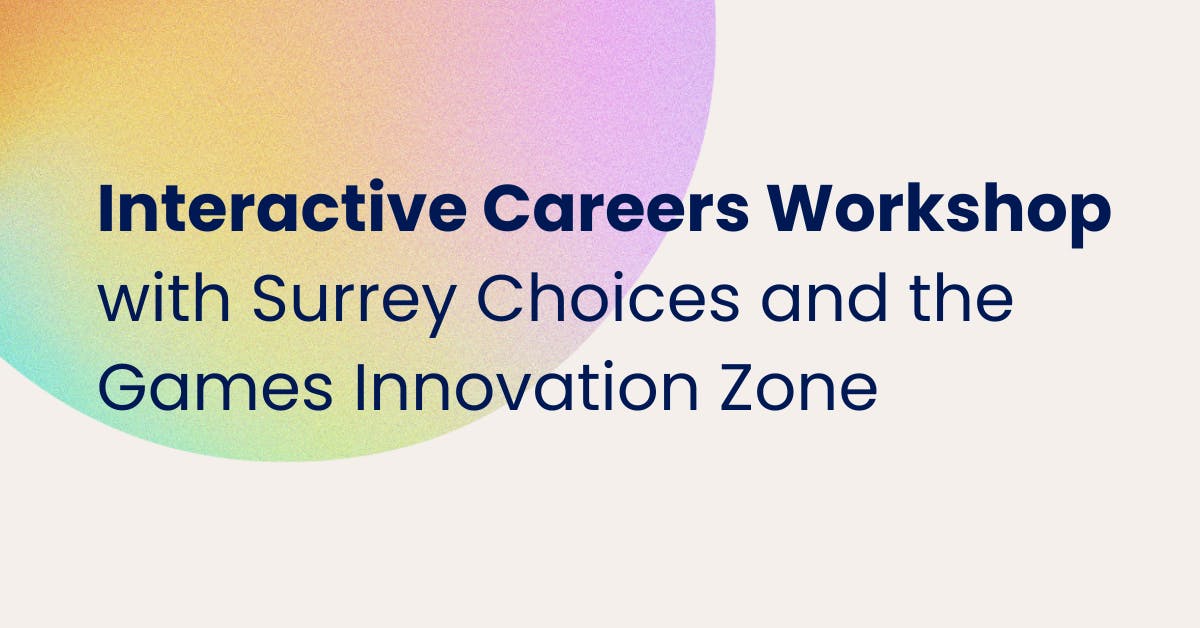
14 September 2020
What does a Studio Manager in games do?
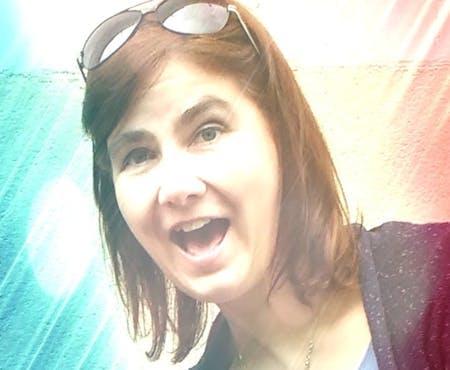
Claire Boissiere has been in the games industry for 20 years and is named by GIBiz as one of the 100 Influential Women in Games. Currently, Studio Manager for Jumpship, Claire has has worked on a huge range of titles including Media Molecule's Little Big Planet and PlayStation London Studio's EyePet Move and PSP and Wonderbook Book of Spells and Book of Potions. And most recently assisted with the release of Dr Who Edge of Time VR. We asked Claire some key questions about getting into the games sector.
Explain your role like I'm 5 years old
Here at Jumpship we're a small team of about 25 at the moment, which means I'm very hands-on with all the various functions the studio needs to maintain itself. As a result, no two days are the same but I'll have a go at describing a day in my work life...
There's a fair bit of admin to running a games studio and someone has to make sure it all gets done. I work closely with our lawyer and accountant and on any given day there might be some back and forth with them on a contract that needs reviewing/negotiating or the payroll needs approving (turns out teams like to get paid on time) or the invoices need reconciling so the VAT return can happen. Then there is also other admin like insurances, company policies (as a legal entity there are certain ones you're required to have by law), computer/work equipment, office space (or communication tools if you're a distributed team) and many more. Not all of these require attention each day but on any given day there is something to do on one or more of them.
Once the (necessary) admin work is out of the way for the day, I shift my focus to the team. I read their daily 10am slack post to see what they're planning to do that day and each morning there is a weekly catch-up with one of our strike teams (subgroup developing a key aspect of the game). This enables me to take a daily health check on the team's communication flow. There are so many different types of communication needed to make a game and if any one of them is off, somewhere in your game team, then the problems ripple out from there. I try to spot the ripples when they first appear and address it immediately.
This might mean I need to check with our production coordinator and see if a prototype feature is now ready for design to start experimenting with, or follow up and make sure a technical conversation happened and that the necessary people were informed about the outcome, or chat to someone who is experiencing a personal issue to see where the studio can offer support, or it could be someone wants advice on how to handle a given situation. Coordinating communication flow and supporting the team is a key part of my daily routine.
But don't be fooled into thinking being a Studio Manager is all about sitting around and waiting for problems to arise. The often overlooked, but critical aspect of studio management is the planning. Most times you can head off potential issues before they bubble up with a bit of effective planning. I carve out a few hours each day to focus on our plans - like do we have a skills gap we need to fill, is someone overworked/underutilised, if so why and what can we do about it, do we have enough money to fund all the awesome people we want, when does the game need to be released, do we need to refresh our website because it currently doesn't list all the new team members, is the studio communicating with the team effectively, are team members communicating with each other effectively, if not what processes can we implement/change, and so on. Thinking about the studio, the team and how it functions is not something you do once during the start-up phase, the best studios think about this all the time and are constantly evolving around the team's needs.
I also always try and play the game each day, which involves logging on to source control, getting the latest and running the game in unity. We're production light at Jumpship but all game teams our size need some production and another aspect of my role is to coordinate the team to ensure they're delivering the features and quality as set by the Game Director. There's usually some priority aspect of the game I'm focused on in any day. It could be that a programmer has asked for a list of a certain type of interactions in the game, which I'll coordinate with design, or if they're busy I'll just jump in and quickly do it myself or maybe the key narrative beats need pulling together in one place so the team can have visibility on the overall vision. I always try and make sure the Game Director's vision is communicated in the various ways that the different disciplines on our team find useful to absorb.
If a team knows the studio's mission, so they understand why they work there, if they understand the game vision and design enough to complete their part of the development process and if they feel fully supported and respected, then they'll make awesome games. Each day I try and make sure that happens.
What was your educational and career journey into your current role?
I left school at 16 and have no formal higher education. Whilst a lot of games companies these days say they want you to have a games degree, it is possible to learn the necessary skills through experience, either in the games industry or outside it, like me.
I'd always had a passion for architecture and technical drawing, and so I joined a construction company drawing floor plans and designing interiors. I then began organising the construction work on-site to ensure my designs were completed correctly. Fast-forward a few years and I took a career break to have children. When I was ready to return to work I saw a local job advert for a "map builder." I was proficient with AutoCAD and presumed the job involved marking up OS maps or something similar. It turned out to be for a games company seeking a world builder/level designer for Microsoft Train Simulator.
I've spent the last 20 years working in level design and production, working my way up to Game Director, Production Manager and now Studio Manager.
What do you love most about your role?
I love supporting people to reach their potential. Whilst being a people manager can be challenging, everyone's needs are so varied, it does mean that no two days are the same. It's also very rewarding, people like to feel comfortable in their jobs, to know they can experiment with skills, take on new challenges, figure out what they love doing and when you provide that kind of environment, then they constantly surprise you with their work. It's lovely to see their output on a daily basis.
It's a pleasure and a privilege to observe the team bond and grow and deliver a game. Let's face it, game development isn't easy and it's always down to the hard work and perseverance of the team involved. They deserve the very best support a studio can provide.
What's the hardest thing about your role?
I'll be honest, the hardest aspect is all the admin stuff. It can be quite repetitive and dull. I have to dig deep and remind myself that it's for the benefit of the team, so they know we've got their backs.
What key skills should people work on to do your role one day?
It certainly helps to be someone that can keep track of the details. You'll also need to be creative and have a great attitude for thinking laterally. I've encountered lots of unique problems over the years and defining/implementing different approaches until you find the right solution, is really the only way to move things forward.
Being able to weigh up and make decisions is necessary too, you'd be surprised how many people find decision-making difficult, instead, preferring to keep options open. But I think that's a fallacy, making decisions, then having the strength to change them if you're wrong or discover a better way is a very valuable skill indeed.
It'll also help massively if you have experience of the full game development process as well as some exposure to operations. In my time I've designed levels, sculpted 3D worlds, scripted game modules, created rough and ready prototypes, modelled 3D art assets, dabbled in animation, worked closely with lawyers on complex contracts, balanced the books of a small business etc. My skills may not all be up to the latest packages and technologies but I understand the development process and the workflows that are needed to make games.
What advice would you give to your younger self looking to get started in the industry?
I think if I had a do-over in the games industry I would tell my younger self to be more confident and follow my passion. Don't let others determine why your skillset is, just because you're good at one thing, that doesn't mean it's the only thing you're capable of doing.
Do you have any links to good articles or videos that you think might give some tips or advice to someone starting in your role?
These two GDC talks from Jesse Schell are a great introduction to what's involved in Studio Management and Studio Leadership:
Game Studio Management
Game Studio Leadership
If you plan to work with people, then Peopleware is a must-read in my opinion. It's a bit outdated now but the underlying principles remain true:
Peopleware: Productive Projects and Teams
Also, do some research into Peter Drucker, a formative mind on modern management theory and practice. Whilst he discusses manufacturing, as the software revolution was after his time, the principles of productive processes remain broadly the same. It's tempting to think the challenges of making a game are unique to our industry, but they're not and you can learn lots by looking at other industries:
Peter Drucker Wiki
Stay up to date
It's time to level up your inbox
Pick which newsletters you're interested in receiving, and customise further by specifying a discipline.
Join our mailing listTell me more
